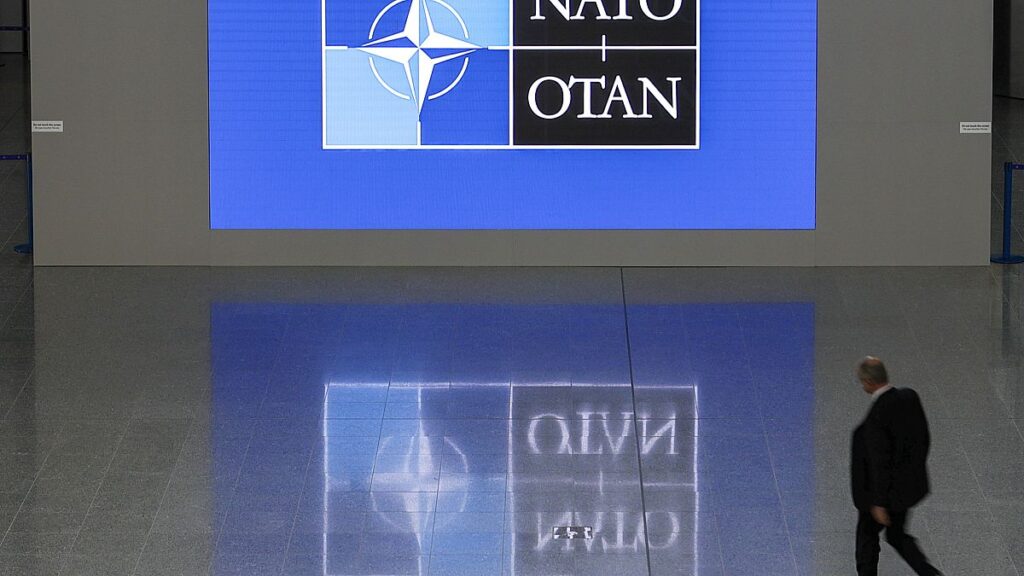The North Atlantic Treaty Organization (NATO) has announced that it will invest in four European technology companies.
advertisement
Investment in European defense technology is getting a boost after NATO on Tuesday approved its first deep tech investments as part of a 1 billion euro fund aimed at addressing today's defense, security and resilience challenges.
The North Atlantic Treaty Organization announced the fund in 2022 in the wake of Russia's invasion of Ukraine. The NATO Innovation Fund will match government technology buyers with startups to develop defense technologies.
The first companies to receive investment are European, including Germany's ARX Robotics, which designs driverless robots, and three British start-ups.
London-based computer chip maker Fractile also received funding, as did Bristol-based Icomat and Spaceforge, a Welsh start-up that makes new space materials.
The fund also invests in four other deep tech-focused venture capital funds: Join Capital, Vsquared Ventures, OTB Ventures and Alpine Space Ventures. Unlike most venture capital firms that invest for 10 years or more, NATO's fund invests for 15 years or more.
NATO said it was also investing to strengthen deep tech hubs in regions with high demand for funding for early-stage startups to promote the alliance's technological sovereignty.
“With these investments, the Fund is now beginning to make a tangible difference in our innovation ecosystem, providing growth opportunities for the most promising dual-use and defense companies developing solutions to maintain the Alliance's technological edge,” David van Wiel, Under Secretary for Innovation, Hybrids and Cyber, said in a statement.
Van Weel told Euronews Next in 2022 that NATO's main challenge is bridging the communication gap with innovators, as the military isn't always aware of the latest defense technologies and many innovators don't know what the military wants.
Another problem, he said, is that “defence organisations and governments in general are not known for their speedy procurement processes”.
“Our challenge is to ensure we have a viable, agile way of communicating with innovators and introducing new technologies at the right speed,” he added.
The fund aims to help drive innovation in new materials, manufacturing, artificial intelligence (AI) and robotics.
NATO said it was also investing in developing deep tech hubs in some regions.
There is an increased demand for capital for early-stage start-ups to foster technological sovereignty for the alliance.
The NATO Innovation Fund is supported by 24 of NATO's 32 member states. The United States, Canada and France have not agreed to support it.



